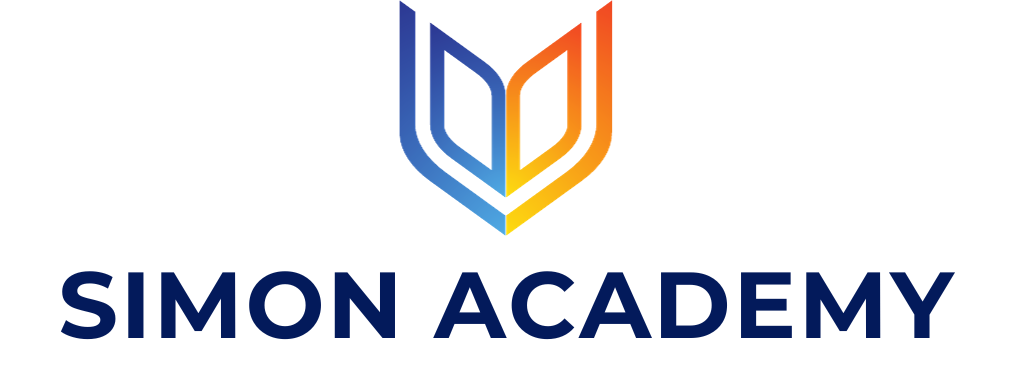With the MiCAR grandfathering period set to expire on June 30, 2025, time is no longer a luxury—it's a strategic asset for crypto-asset service providers (CASPs) operating in the Netherlands. The transition to the Markets in Crypto-Assets Regulation (MiCAR) represents a fundamental shift, demanding a comprehensive rethinking of how compliance, governance, and risk management are integrated across their organizations.
This isn't merely a regulatory exercise; it's a structural transformation.
The Imperative for Proactive Action
To ensure business continuity and secure future access to the EU market, CASPs in the Netherlands must move decisively beyond a "wait-and-see" approach and embrace a strategy of proactive alignment. This involves prioritizing three core areas:
1. Engage Proactively with the AFM
Early and transparent engagement with the Dutch Authority for the Financial Markets (AFM) offers a distinct competitive advantage. The AFM's pre-scan process allows firms to assess their application readiness, identify potential documentation gaps, and receive valuable feedback before formally submitting their applications.
This proactive approach is more than just a regulatory courtesy; it's a critical risk mitigation strategy. Expect heightened scrutiny around:
Marketing practices that imply full MiCAR compliance prematurely.
Application delays or non-serious filings during the grace period.
Weak controls that could expose consumers to fraud or misuse.
By identifying and addressing potential issues early, firms can streamline the formal application process, potentially reducing the time to approval and demonstrating a commitment to regulatory alignment.
2. Build Scalable, MiCAR-Ready Infrastructure
The era of tactical fixes and interim solutions is drawing to a close. MiCAR mandates enterprise-grade compliance, requiring CASPs to invest in robust and scalable infrastructure. Key areas demanding significant upgrades include:
- Anti-Money Laundering/Combating the Financing of Terrorism (AML/CFT) Systems: This encompasses enhanced automation, improved screening accuracy, and robust ongoing transaction monitoring.
- Custody and Asset Safekeeping Protocols: Implementing secure and compliant procedures for safeguarding client assets is paramount.
- Governance Frameworks for ART/EMT Issuers: CASPs involved with asset-referenced tokens (ARTs) and electronic money tokens (EMTs) must establish robust governance structures that meet MiCAR's stringent requirements.
- Consumer Protection Disclosures and Whitepaper Standards: Providing clear, comprehensive, and compliant information to clients, including adherence to MiCAR's whitepaper standards, is essential.
This isn't simply about ticking regulatory boxes; it's about future-proofing operations and establishing a foundation for pan-European scalability.
3. Stay Ahead of Evolving Guidance
MiCAR is a dynamic regulatory framework, and its practical application is still evolving. CASPs must anticipate and prepare for ongoing updates and clarifications from key regulatory bodies, including:
- The AFM, as the primary supervisory authority in the Netherlands.
- De Nederlandsche Bank (DNB), particularly concerning ARTs and EMTs.
- The European Securities and Markets Authority (ESMA) and the European Banking Authority (EBA), which are setting cross-border supervisory principles.
In this environment, compliance is a moving target. CASPs must develop internal capabilities to track, interpret, and operationalize new regulatory guidance in real-time. Those that demonstrate agility and adapt quickly will not only survive the MiCAR transition but also gain a competitive edge. Firms that delay or fail to adapt risk losing market access.
Considering a Grandfathering Extension in the Netherlands?
The fact that the AFM has granted a relatively limited number of MiCAR licenses raises a pertinent question: Should the Netherlands consider extending the grandfathering period beyond the current June 30, 2025, deadline?
Several arguments could be made in favor of an extension:
- Industry Readiness: Many CASPs, particularly smaller firms, may be facing significant challenges in meeting MiCAR's stringent requirements within the current timeframe. An extension could provide these firms with additional time to invest in the necessary infrastructure, expertise, and compliance frameworks.
- Market Disruption: A large number of CASPs failing to obtain licenses by the deadline could lead to significant market disruption, potentially impacting consumers and the broader crypto-asset ecosystem in the Netherlands. An extension could help mitigate this risk by allowing for a more gradual and orderly transition.
However, there are also strong counterarguments:
- Regulatory Certainty: Delaying the full implementation of MiCAR could undermine the objective of providing regulatory certainty and harmonization across the EU.
- Level Playing Field: Extending the grandfathering period could create an uneven playing field, potentially creating a disadvantage for firms that have already invested significant resources to achieve MiCAR compliance.
- Consumer Protection: Prolonging the transition period could expose consumers to ongoing risks associated with CASPs operating under less stringent pre-MiCAR regimes.
Ultimately, the decision of whether to extend the grandfathering period is a complex one, requiring careful consideration of the potential benefits and drawbacks. It would involve a balancing act between ensuring a smooth transition for CASPs and upholding the core objectives of MiCAR in protecting consumers and market integrity.
The Urgency of Action
Regardless of any potential extension, the timeline for MiCAR compliance is compressing. The AFM estimates that even under ideal circumstances, the licensing application process can take five to six months. This means that CASPs aiming for uninterrupted operations beyond the June 30, 2025, deadline (or any revised deadline) must take decisive action now.
The regulatory bar set by MiCAR is undoubtedly high. However, the rewards for firms that successfully meet these standards are equally significant. Early movers will not only navigate the MiCAR transition effectively but also position themselves as leaders in a new era of regulated crypto-asset markets.


